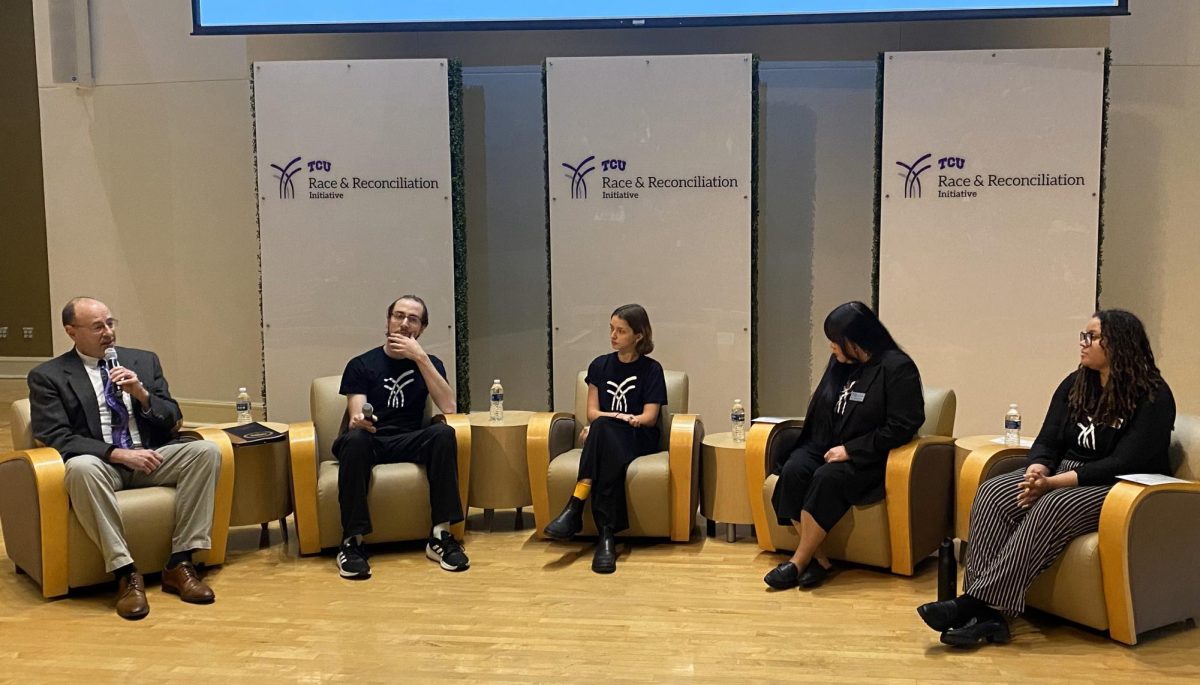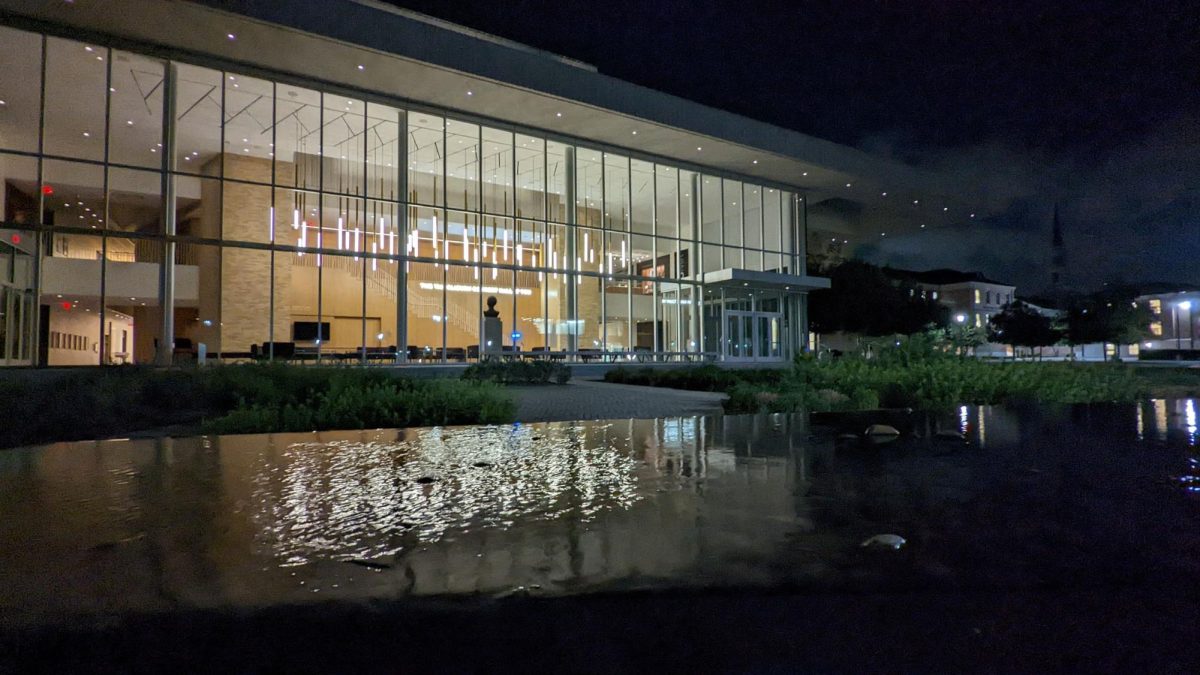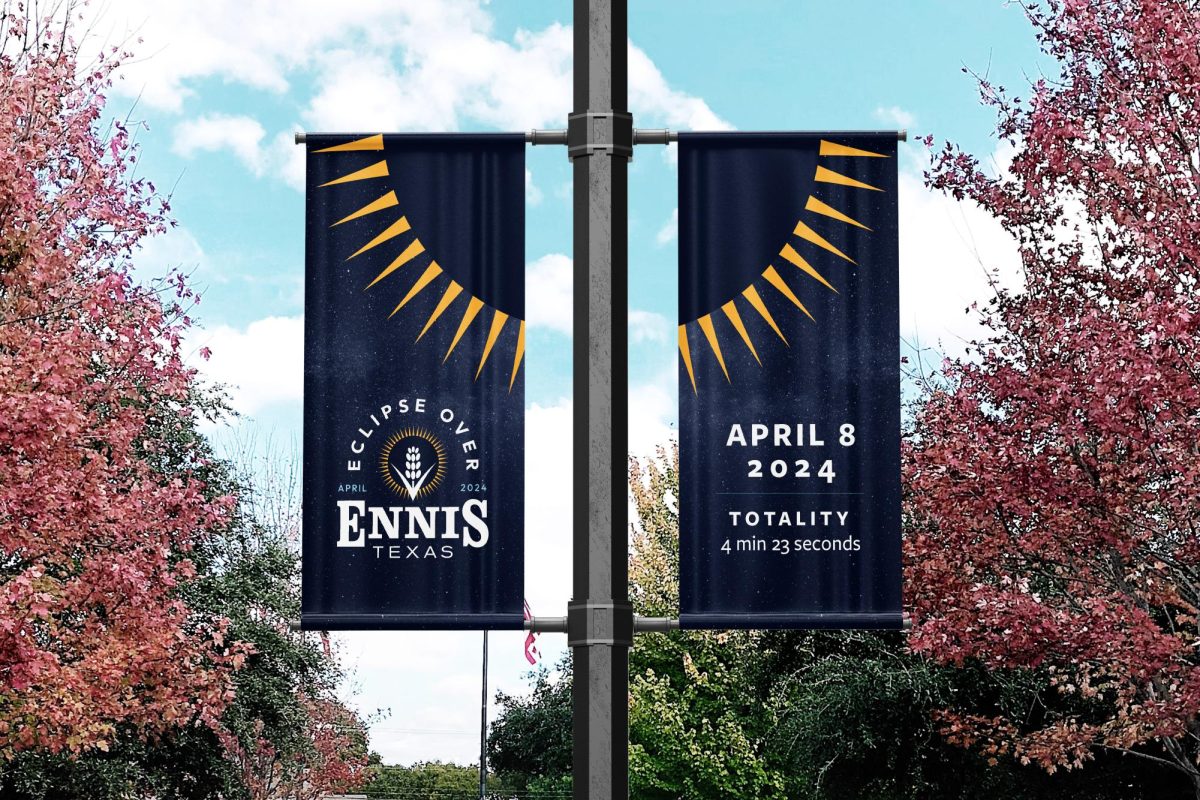Students at Alice Carlson Applied Learning Center transformed into scientists as they presented their research projects to their families and friends at Family Science Night last Thursday.
This year, the school introduced a standards-based science fair, which focused on student understanding and inquiry-based learning, rather than a competition Donnette Durham, lead science teacher at Alice Carlson, said.
This model allowed students to take ownership of their projects, she said. From research to the presentation, students were involved in the entire creation of their project.
In the past, she said she has experienced an excessive amount of parent involvement directly related to the creation of the project. The standards-based science fair promoted more student learning and less parent involvement in this process.
Alice Carlson Principal Jeannie Robinson said students responded well to the new science fair method. The students said they felt more in charge in the process of their project creation and experienced a deeper level of learning. She said this method correlated with the school’s focus on applied learning.
“[The students] have an authentic reason for their research, said Robinson.” They have an opportunity to use the process that is modeled by other adults, so it has a very strong connection to applied learning.”
All students were required to participate in the science fair because their project was graded as part of their class work, she said. The project was not a one-time project that could be judged and put away, she said. The students had the opportunity of getting feedback and improving their score.
Students could choose to do their project individually, in partners or groups. Fifth-graders Anna Barnes, Zoe Nicholas-Payne and Gabrielle Biediger chose to work in a group.
Their project focused on determining which soil rye grass would grow best in. Nicholas-Payne said her group predicted that rye grass would grow best in potting soil. Although their results did not support this prediction, she said, she still learned from the experience.
“It is what you learn and it doesn’t matter if your hypothesis is wrong,” she said. “I mean, in lots of scientists’ projects they make a hypothesis and it ends up wrong, but you learn from it.”
Before Family Science Night, representatives from the district science department judged and awarded two “Best in Show” projects from each grade level, second through fifth. These students awarded “Best in Show,” will present their projects at the District Science Fair in May, Durham said.
Barnes, Nicholas-Payne and Biediger’s research on rye grass landed them the award for “Best in Show” for the fifth grade level and an opportunity to compete in the District Science Fair.
In addition to completing their projects, students also helped with the organization of Family Science Night, Durham said. Students designed award ribbons, setup the projects in the hallways for display and helped publicize the event in the school’s weekly newsletter.
Robinson said the standards-based science fair model will continue to be used at Alice Carlson. Teachers will review this year’s process and collect suggestions to improve and strengthen next year’s science fair.





